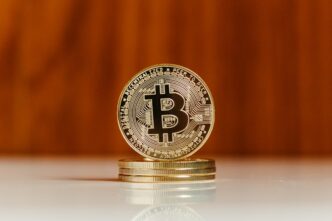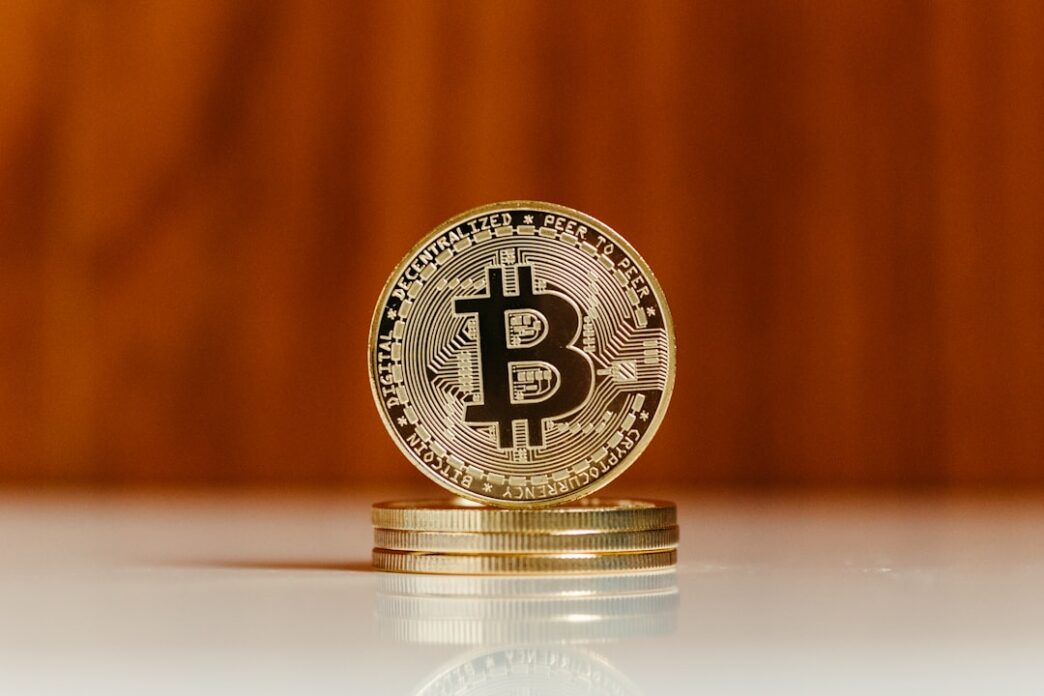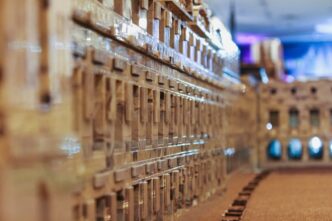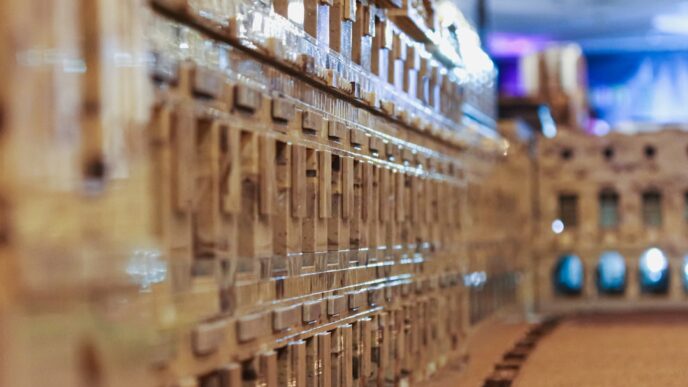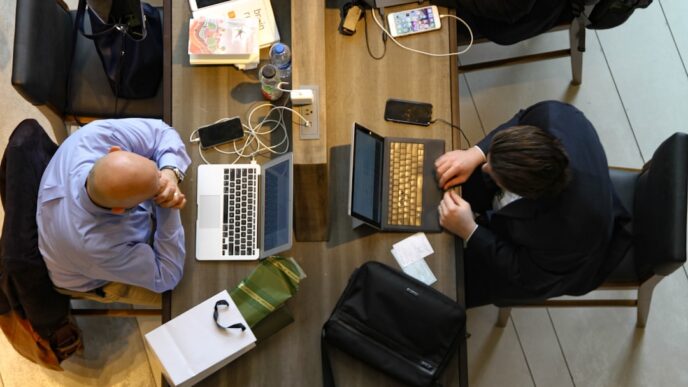In a world where trust is increasingly becoming a currency, blockchain technology is stepping into the spotlight as the potential backbone for an entirely new economic system. Countries grappling with issues of corruption, inefficiency, and lack of transparency are beginning to explore how this decentralized ledger system can restore faith in institutions and empower citizens—particularly in emerging markets.
Consider the case of Georgia, a small country nestled at the crossroads of Europe and Asia. Over the past few years, the Georgian government has partnered with international organizations to implement a blockchain-based land registry system. The initiative aims to combat rampant land disputes and ensure that property rights are securely and transparently recorded. By making land ownership verifiable and tamper-proof, Georgia is not just enhancing its real estate sector but also sending a strong message about the importance of trust in economic transactions.
As businesses and individuals navigate an often murky landscape of financial dealings, blockchain offers a refreshing alternative. The technology enables peer-to-peer transactions without intermediaries, thereby reducing the risk of fraud. For example, in sectors like agriculture, farmers in developing nations can use blockchain to secure better prices for their produce. By providing a clear chain of custody and proof of quality, they can connect directly with buyers, eliminating the exploitative middlemen who have historically dictated terms.
Nevertheless, the journey is not without its challenges. The adoption of blockchain necessitates not only technological infrastructure but also a cultural shift toward transparency and accountability. In countries like Nigeria, where the corruption index remains troublingly high, the introduction of blockchain services is viewed with skepticism. For blockchain to flourish, it must be accompanied by robust legal frameworks and regulations that protect users while fostering innovation.
Interestingly, the concept of the “Trust Economy” is gaining traction among economists and scholars. This paradigm shift emphasizes the role of trust as an economic asset. Organizations like the World Economic Forum are exploring how blockchain can create decentralized trust frameworks that empower citizens and businesses alike. This could lead to a significant change in how products and services are exchanged, especially in regions where traditional banking systems have failed to deliver.
Moreover, the impact of blockchain technology transcends mere transactions. In sectors such as healthcare, blockchain can safeguard patient data, ensuring that records are accurate and accessible only to authorized personnel. This not only enhances patient trust but could lead to better healthcare outcomes.
In the realm of finance, central banks are also exploring the issuance of Central Bank Digital Currencies (CBDCs) built on blockchain technology. Countries such as China are leading the way with their Digital Yuan, which aims to increase transaction efficiency while also maintaining state control over monetary policy. However, the implications of CBDCs extend beyond mere digital cash; they may redefine the relationship between citizens and their governments, further emphasizing the need for a trustworthy framework.
While the potential of blockchain to instigate a trust revolution is tantalizing, it is not a panacea. The technology must be approached with caution, recognizing the socio-economic contexts in which it is deployed. As the world shifts towards a new economic landscape, the currency of trust may prove to be the most valuable asset of all, especially in regions where faith in traditional systems is waning.
